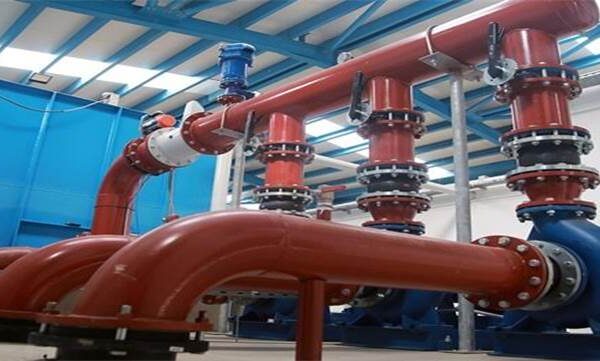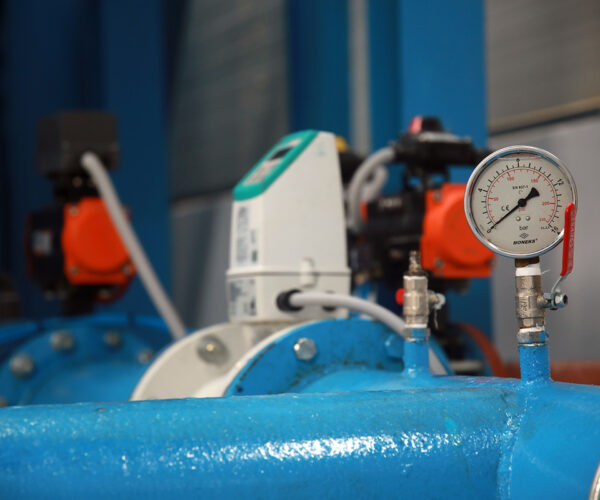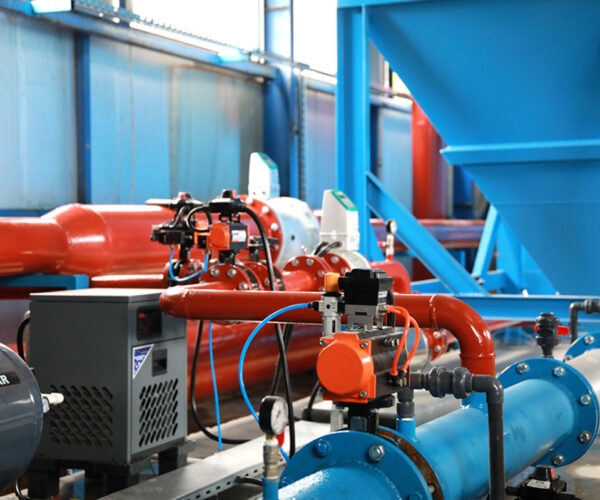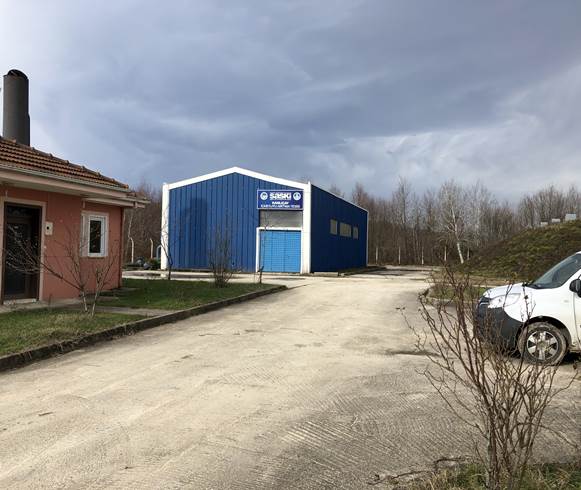İnfak Industrial Treatment
Industrial wastewater treatment is the process of treating water used in industrial facilities. This process removes contaminants from the wastewater produced as a result of industrial activities.
Water used in industrial facilities is sourced from various sources for use in various processes. This water can become contaminated with various pollutants as a result of industrial activities. These pollutants can include chemicals, toxins, heavy metals, and organic materials found in the wastewater.
The industrial treatment process removes these pollutants from the wastewater, making it reusable. This process typically involves physical, chemical, and biological treatments. Physical treatments are used to separate pollutants from the water. Chemical treatments involve chemical reactions to dissolve pollutants. Biological treatments use microorganisms to break down and remove pollutants from the wastewater.
The industrial treatment process not only removes pollutants from the wastewater but also helps to recycle it. This reduces water usage in industrial facilities and helps to conserve natural water resources.
Due to the environmental impact of industrial wastewater, the treatment process is considered a necessary process for industrial facilities. It helps to reduce the environmental impact of these facilities, preventing harm to human health and the natural environment.
In conclusion, industrial wastewater treatment is the process of removing contaminants from the wastewater produced by industrial facilities. This process helps to make the wastewater reusable and reduces its environmental impact. Industrial wastewater treatment plays an important role in conserving natural water resources, reducing the environmental impact of industrial facilities, and contributing to human health.



